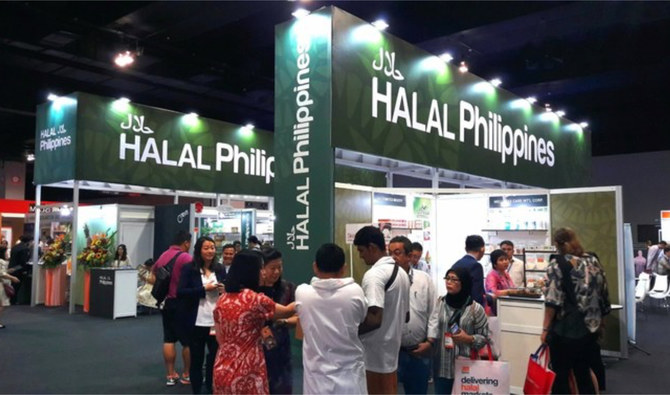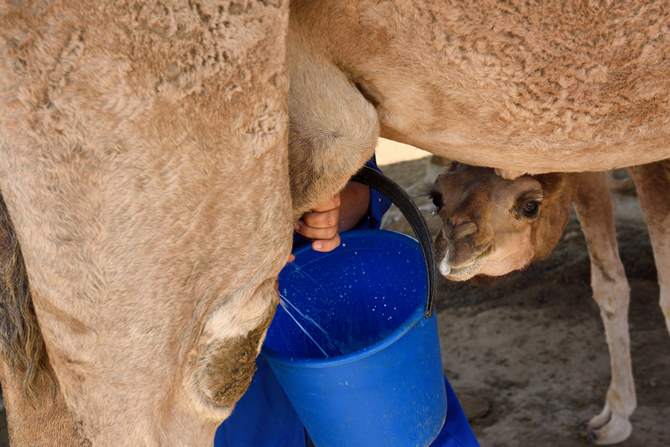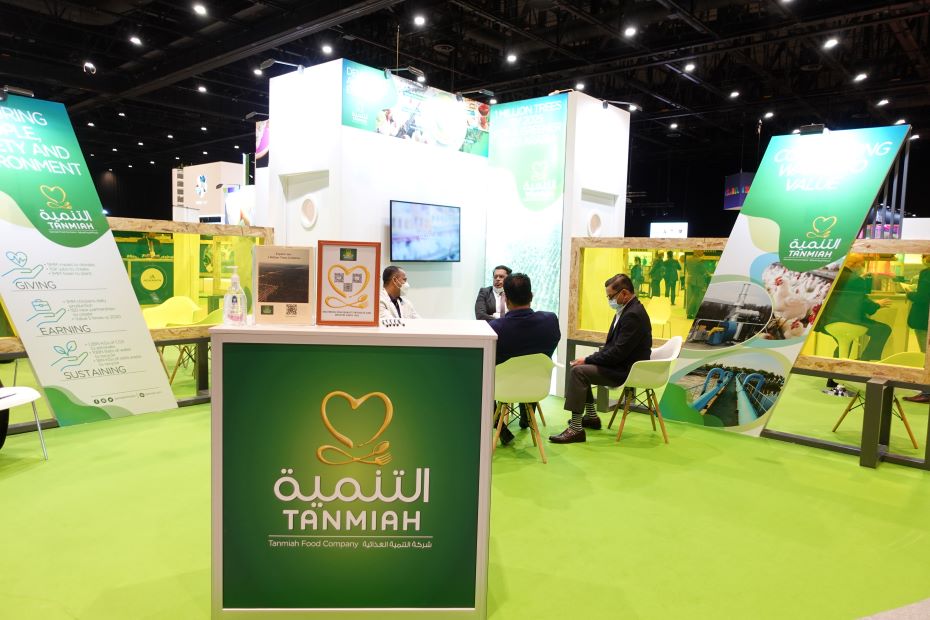- With Saudi Arabia, Philippines can boost trade beyond its usual approach, expert says
- With 1.7 million Filipinos in the Kingdom, Filipino franchise brands also have growth potential
MANILA: The Philippines is expecting trade with Saudi Arabia to continue rising, an official from the Department of Trade and Industry told Arab News as she highlighted areas for growth, including a mutual recognition agreement for halal certification.
In 2022, the Philippines recorded a 2.8 percent increase in total trade with Saudi Arabia since 2018. That same year, the Kingdom was ranked as the Philippines’ 16th major trading partner and 37th export market.
Despite the relatively small number, Filipino officials highlighted many opportunities for trade growth between the two countries, with commodities such as bananas, preserved tuna and data storage units holding the greatest export potential to Saudi Arabia.
“Rise in trade volume with Saudi Arabia is expected to continue to increase,” Charmaine Mignon S. Yalong, the DTI’s commercial attaché to the Middle East and Africa, told Arab News.
Data processing machines are among “the best options for the Philippines’ export diversification in Saudi Arabia,” she said, citing the Kingdom’s Vision 2030, which carries a major digital growth component, as the primary drive in demand for such products.
Saudi-Philippine trade can be further enhanced through other channels, including mutual recognition of each country’s halal certification.
“Signing a mutual recognition agreement on the accreditation of halal certifying bodies could also increase potential trade and investments between the two countries,” she said.
“The MRA would aid in developing quality Philippine halal exports through capacity-building and the expertise of the Saudi Food and Drug Authority, as well as streamline the food standards and requirements of both countries.”
The Philippine Economic Zone Authority launched a promotion campaign for the country’s domestic halal industry earlier this year, as Manila seeks to expand the market presence of its halal-certified food, especially in Gulf countries.
The Philippines also sees potential for growth for Filipino franchise brands in Saudi Arabia, citing the more than 1.7 million Filipinos who live in the Kingdom, which is also the favorite destination for overseas Filipino workers.
“Apart from trade, Filipino franchise brands and companies hold potential for growth due to the large Filipino expatriate community in Saudi Arabia,” Yalong said, citing Filipino brands with a presence in Saudi cities, such as fast food joints Jollibee, Chowking and Potato Corner.
With Saudi Arabia, the Philippines could boost trade beyond its usual partners and exportation of manpower, said John Paolo Rivera, president and chief economist of Oikonomia Advisory and Research in Manila.
“This diversifies market opportunities to other trading partners, reducing the risks involved in having just a few major trading partners,” Rivera told Arab News.




